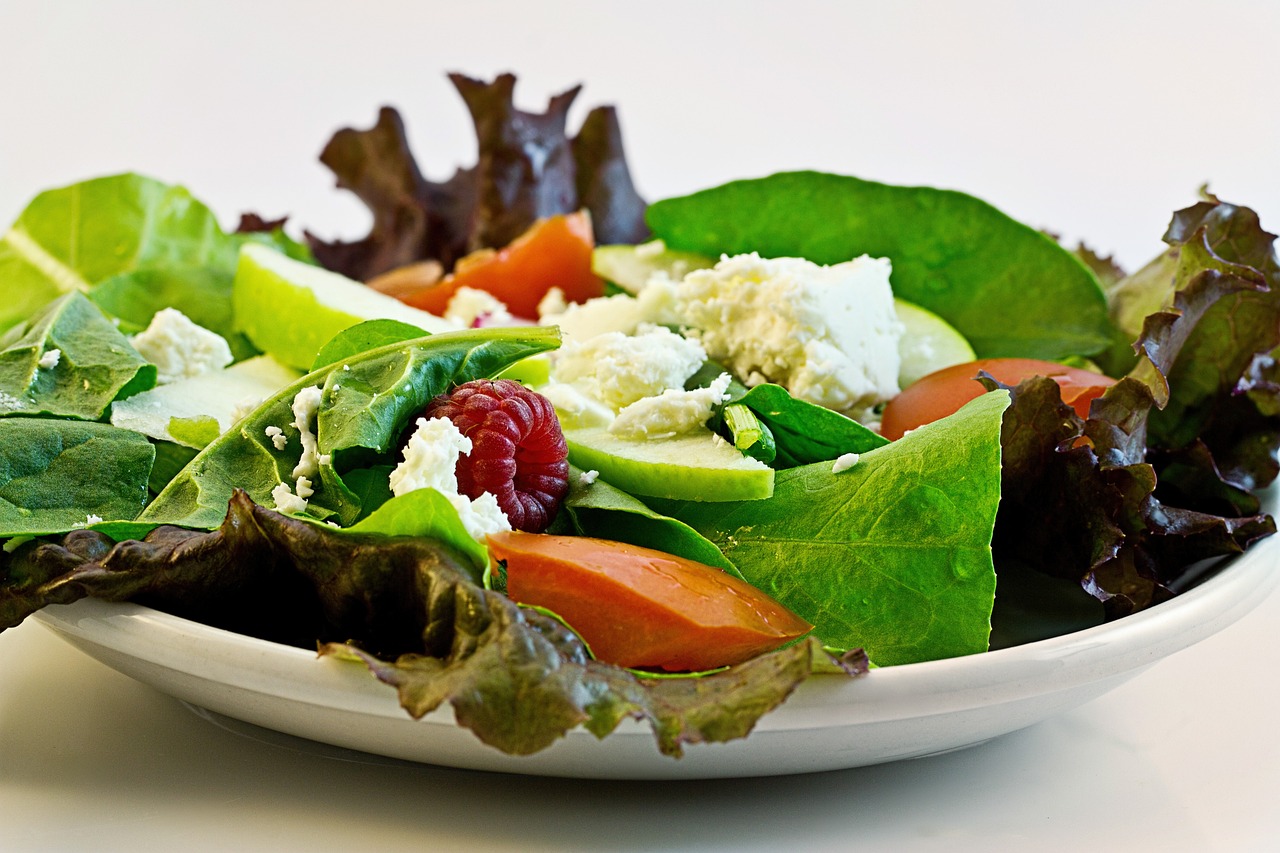
In recent years, organic food has gained significant popularity as consumers increasingly prioritize health, sustainability, and environmental responsibility. As more people become aware of the benefits of organic products, it’s clear that making the switch to organic food can have a profound impact on your well-being, the environment, and the quality of food you consume. But what exactly is organic food, and why should you consider incorporating it into your diet? In this blog, we’ll explore the reasons why eating organic food is beneficial for your health, the environment, and society at large.
What is Organic Food?
Organic food refers to produce, meat, and dairy products that are grown or raised without the use of synthetic chemicals, pesticides, or genetically modified organisms (GMOs). Organic farming practices prioritize the health of the soil, biodiversity, and the use of natural fertilizers. Organic foods are typically produced through sustainable farming methods that avoid harmful chemicals and harmful practices that can degrade the environment.
1. Healthier for You
One of the most compelling reasons to choose organic food is its potential health benefits. Organic produce is generally free from harmful synthetic pesticides, herbicides, and fertilizers that can leave harmful residues on food. These chemicals have been linked to various health concerns, including hormone disruption, cancer, and developmental issues in children. By eating organic food, you reduce your exposure to these chemicals, making your meals healthier and safer.
Nutritional Benefits:
Studies have shown that organic food can have a higher nutritional profile compared to conventionally grown food. Organic produce tends to contain higher levels of antioxidants, vitamins, and minerals, all of which are essential for maintaining good health. For example, organic fruits and vegetables often have more vitamin C, polyphenols, and flavonoids—compounds that help fight inflammation and support the immune system.
Reduced Exposure to Harmful Chemicals:
Conventional farming methods often rely on the use of chemical pesticides and fertilizers, which can remain on the food you eat. These chemicals can accumulate in your body over time, potentially causing adverse health effects. Organic farming, however, restricts the use of harmful chemicals, so you can feel more confident about what you’re eating. By choosing organic, you’re reducing the likelihood of consuming potentially harmful substances that could affect your long-term health.
2. Better for the Environment
Organic farming is not only beneficial for your health but also for the environment. The practices used in organic agriculture have a significantly lower impact on the environment compared to conventional farming methods. Organic farming helps maintain soil health, conserve water, and reduce pollution—contributing to a more sustainable and eco-friendly food system.
Soil Health:
Organic farming focuses on enhancing soil fertility by using natural fertilizers like compost and manure, rather than synthetic fertilizers that can deplete the soil over time. Healthy soil supports biodiversity, promotes better water retention, and prevents soil erosion. Over time, this results in more resilient ecosystems that can better withstand environmental challenges like droughts and extreme weather conditions.
Reduction of Pollution:
One of the most significant environmental benefits of organic farming is the reduction in pollution. Synthetic pesticides and herbicides used in conventional farming can run off into nearby rivers, lakes, and groundwater, polluting water sources and harming aquatic life. Organic farming avoids these chemicals, reducing the risk of contamination and helping to protect ecosystems from harmful toxins.
3. No GMOs
Another reason to eat organic food is that it is free from genetically modified organisms (GMOs). GMOs are created by altering the genetic material of plants and animals in ways that do not occur naturally. These modifications are often done to make crops more resistant to pests, diseases, or environmental conditions. However, there are ongoing concerns about the long-term health and environmental risks associated with GMOs.
Organic food is grown without the use of genetically modified seeds or organisms, so you can be sure that you’re eating food that is as natural as possible. Many consumers choose organic products because they want to avoid genetically modified foods and their potential impact on human health, biodiversity, and the environment.
4. Supports Ethical Farming Practices
Organic farming promotes ethical practices that prioritize animal welfare and worker safety. Organic standards prohibit the use of growth hormones, antibiotics, and factory-farming practices that can harm animals. Livestock raised on organic farms are generally given access to outdoor spaces, allowing them to roam freely and engage in natural behaviors. This approach ensures that animals are treated with respect and care, which is a crucial concern for many conscious consumers.
Additionally, organic farming practices help protect farmworkers from exposure to harmful pesticides and chemicals, ensuring safer working conditions. By supporting organic food, you’re also supporting better working conditions and animal welfare, contributing to more ethical food systems.
5. Supports Local Economies
Eating organic food can also have a positive impact on local economies. Organic farming is often associated with small-scale, local farms that prioritize sustainable practices over large-scale industrial agriculture. By purchasing organic food from local farmers, you support independent businesses and help foster a stronger, more resilient local economy.
Local organic farms often practice crop rotation, agroforestry, and other regenerative agricultural techniques that encourage biodiversity and enhance the health of the land. By supporting these farmers, you’re helping to promote long-term sustainability and preserve the natural landscape for future generations.
6. Tastier and Fresher
Many people find that organic food tastes better than conventionally grown food. This is because organic farmers often focus on growing a wide variety of crops and prioritize soil health, which can lead to better flavor. In addition, organic food is often grown in smaller quantities and sold locally, meaning it is typically fresher than conventionally grown produce that may have been transported long distances.
Organic produce is also often allowed to ripen naturally, which enhances its flavor. For example, organic tomatoes, apples, and strawberries tend to have a richer, sweeter taste compared to their conventionally grown counterparts.
7. Promotes Biodiversity
Organic farming is more conducive to promoting biodiversity compared to conventional farming methods. Organic farmers tend to use crop rotation, intercropping, and other practices that encourage a variety of species to thrive on their farms. These practices not only help preserve the diversity of plants and animals but also reduce the risk of monoculture, which can deplete the soil and make crops more vulnerable to pests and diseases.
By choosing organic food, you support farming practices that help preserve ecosystems and contribute to the conservation of plant and animal species.
Conclusion
Eating organic food is not just a trend; it’s a conscious choice that benefits your health, the environment, and the world at large. Organic food offers numerous advantages, including reduced exposure to harmful chemicals, better nutritional content, environmental sustainability, and support for ethical farming practices. By choosing organic, you’re making a positive impact on your health, the planet, and the lives of those involved in food production.
Whether you’re motivated by health concerns, environmental considerations, or the desire to support local economies, eating organic food is a powerful way to align your food choices with your values. As the organic food industry continues to grow, there’s never been a better time to make the switch and embrace a healthier, more sustainable way of eating.






